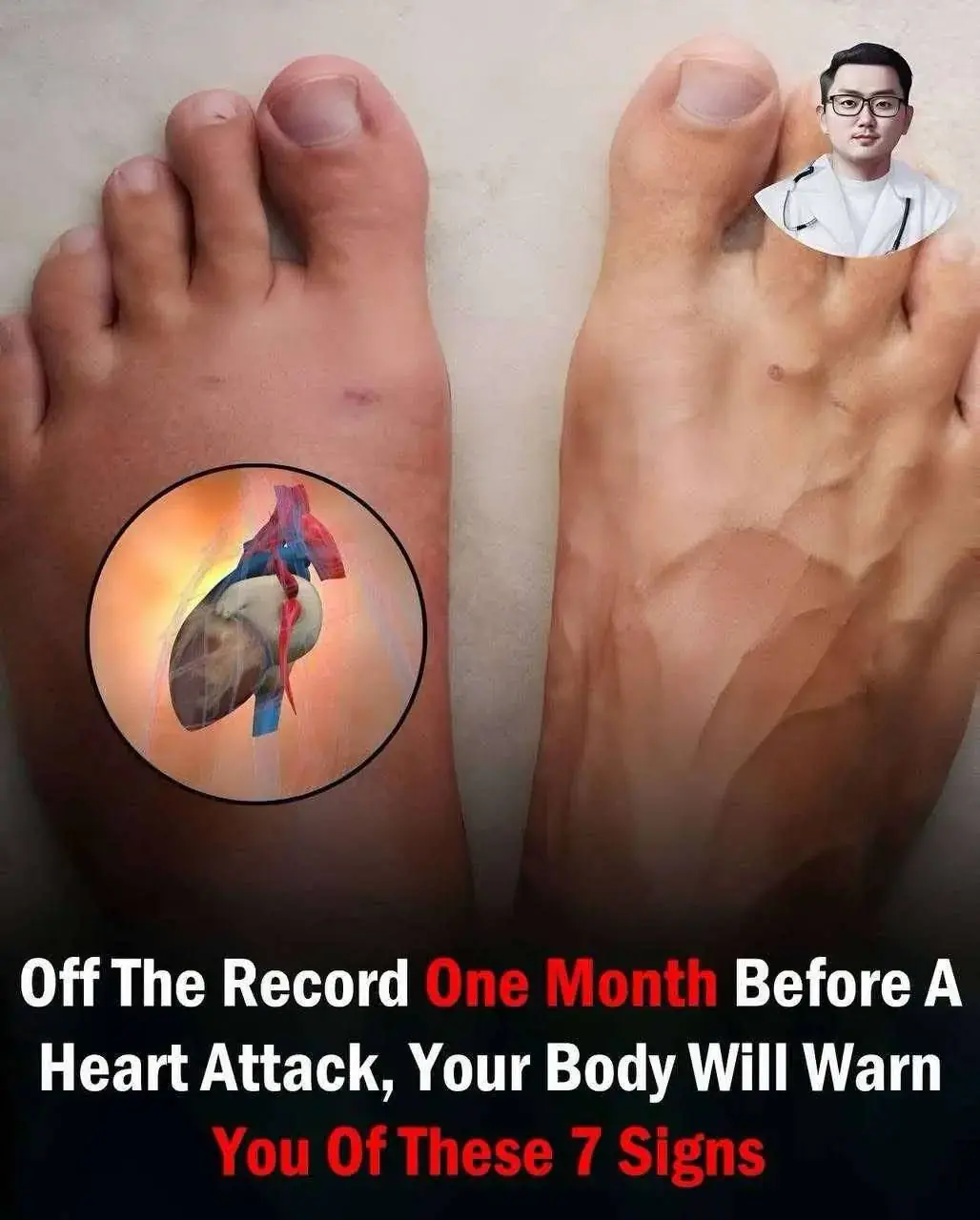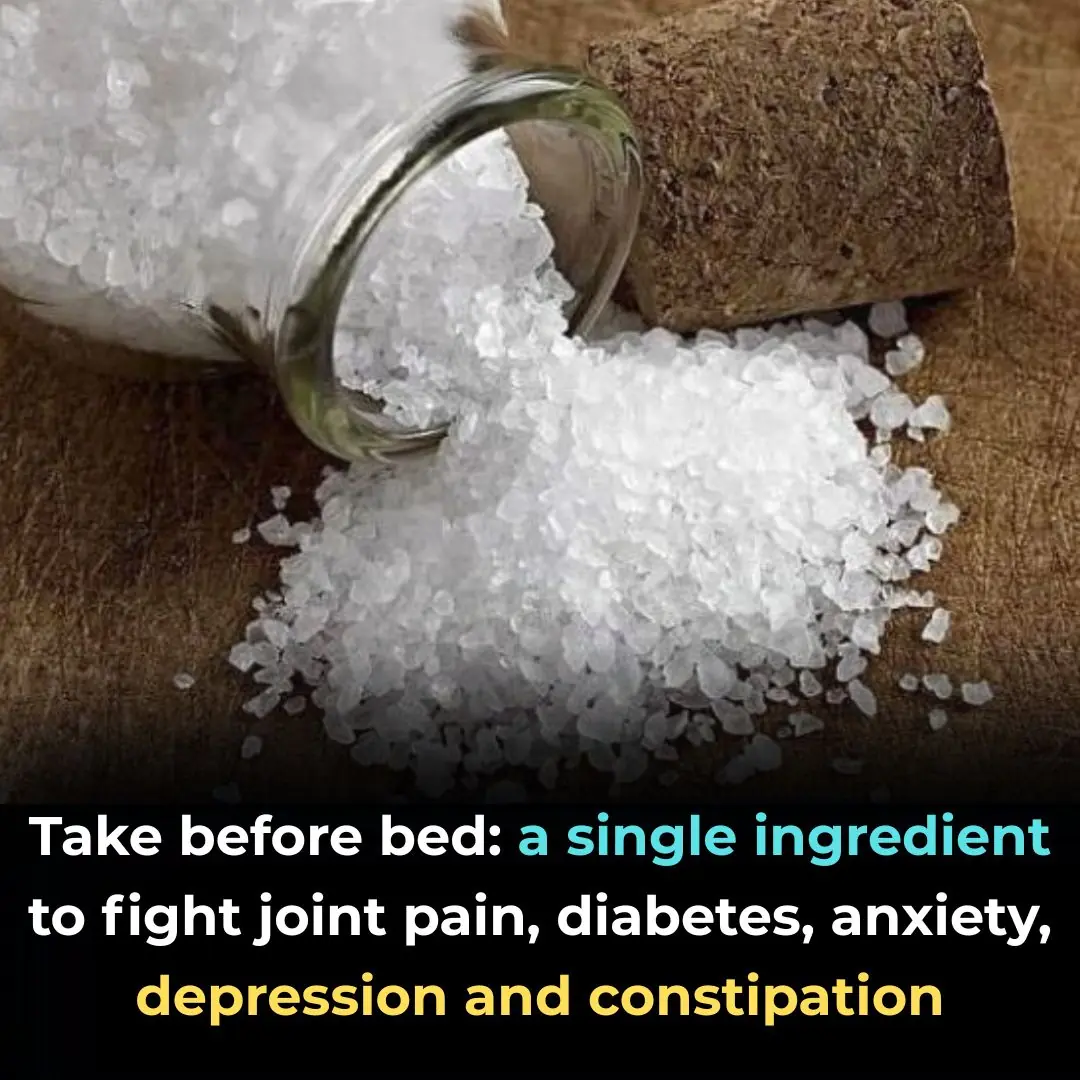
7 Warning Signs of a Heart Attack You Should Never Ignore
A heart attack — medically known as a myocardial infarction — occurs when blood flow to the heart is suddenly blocked, usually by a clot in one of the coronary arteries. Without oxygen, the heart muscle begins to die, and every minute of delay increases the risk of permanent damage or death.
Although movies often portray heart attacks as sudden, dramatic events, the truth is far more subtle. Most heart attacks are preceded by early warning signs — signs that many people overlook or confuse with minor discomfort.
Recognizing these symptoms early can save your life or the life of someone you love.
1. Chest Pain or Pressure
This is the most common and recognizable symptom. The sensation may feel like:
✅ Pressure
✅ Tightness
✅ Burning
✅ Squeezing
✅ Heaviness
It often occurs in the center or left side of the chest and may last for several minutes or come and go. Even mild or vague chest discomfort should be taken seriously.
2. Shortness of Breath
Feeling breathless during routine activities — or even at rest — is a major red flag. It can appear with or without chest pain and is a sign that the heart is struggling to pump oxygen-rich blood.
3. Pain in the Upper Body
Heart attack discomfort is not limited to the chest. Pain may radiate to:
-
One or both arms (especially the left)
-
Shoulders
-
Neck or jaw
-
Upper back
-
Stomach area
Because the heart shares nerve pathways with other body regions, the brain can “misread” the source of pain.
4. Nausea, Indigestion, or Stomach Pain
For some people — particularly women — a heart attack may feel like:
-
Nausea
-
Stomach pressure
-
Vomiting
-
Bloating
-
Indigestion-like discomfort
These symptoms are often mistaken for digestive problems, delaying critical treatment.
5. Cold Sweats
Breaking out into a sudden cold sweat — especially when paired with chest pain — is a common early sign that the body is under severe internal stress. This is often described as feeling “clammy” or “flu-like.”
6. Lightheadedness or Dizziness
If you suddenly feel faint or unsteady, your brain may not be receiving enough blood. Dizziness becomes especially concerning if it appears alongside chest pressure or nausea.
7. Unusual, Extreme Fatigue
Many heart-attack survivors — especially women — report feeling overwhelmingly tired days or weeks before the event. This is not normal fatigue, but a deep exhaustion that makes simple activities feel difficult.
Heart Attack Symptoms in Women
Women are more likely to experience non-classic symptoms, which is why heart attacks in women are often misdiagnosed.
Common symptoms in women include:
-
Fatigue (sometimes severe)
-
Nausea or vomiting
-
Jaw, neck, or back pain
-
Shortness of breath
-
Light chest discomfort rather than sharp pain
Understanding these differences can save lives.
When to Seek Emergency Help
Call emergency services immediately if you or someone near you experiences:
✅ Chest pain or pressure lasting more than a few minutes
✅ Chest pain paired with shortness of breath, dizziness, or nausea
✅ Any combination of the warning signs above
Do NOT drive yourself to the hospital.
Ambulances can provide life-saving treatment on the way and ensure you get help as fast as possible.
Final Thoughts
Heart attacks don’t always strike suddenly — most come with early warning signs. Listening to your body, recognizing these symptoms, and acting quickly can make all the difference.
Your heart rarely stays silent. When something feels wrong, don’t dismiss it.
News in the same category


The Ultimate Healing Tonic: A Powerful Natural Drink for Swollen Feet, Diabetes & Poor Circulation

If you suffer from arthritis pain and joint aches, here's what you should know
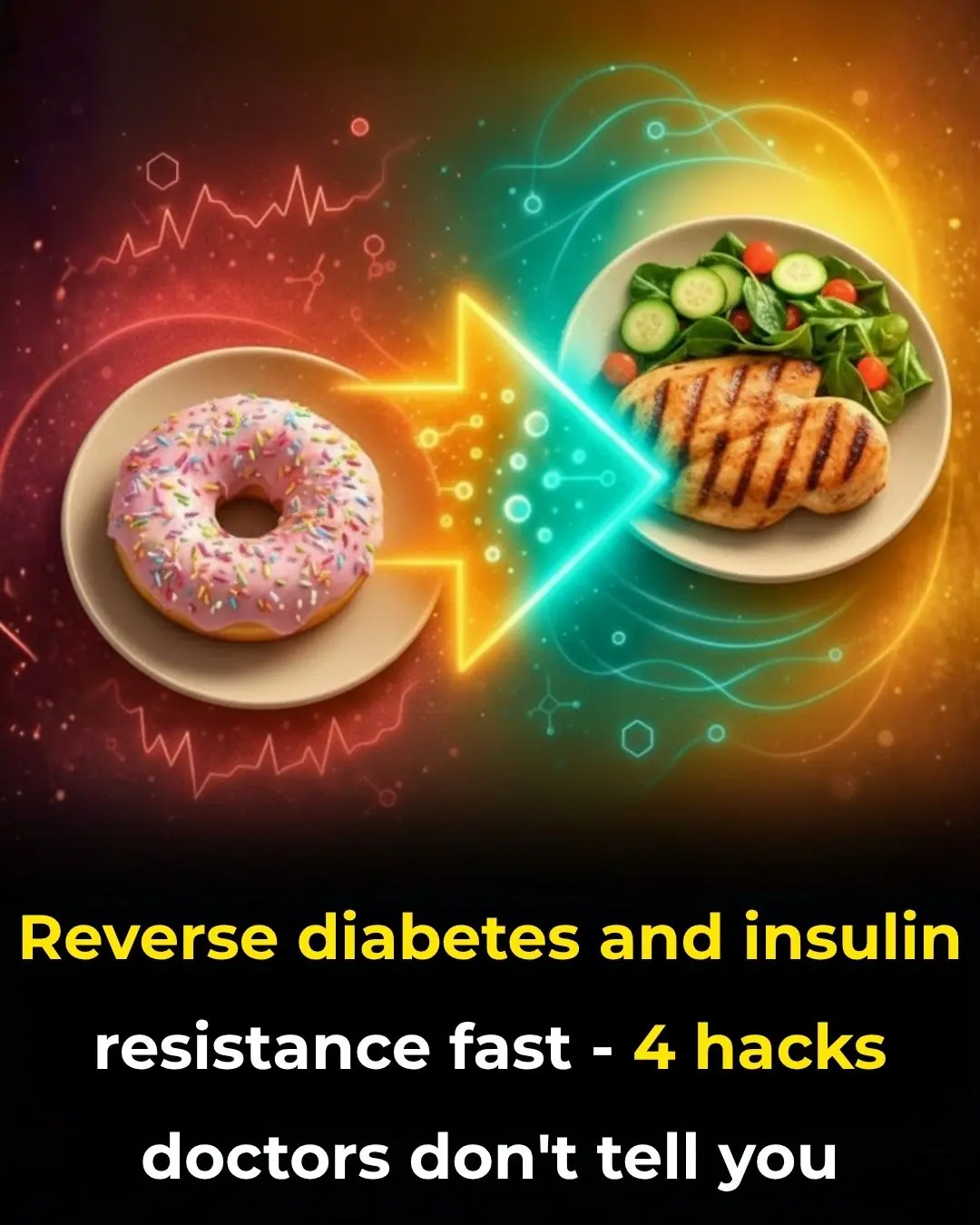
Reverse diabetes and insulin resistance fast—4 hacks doctors don’t tell you!
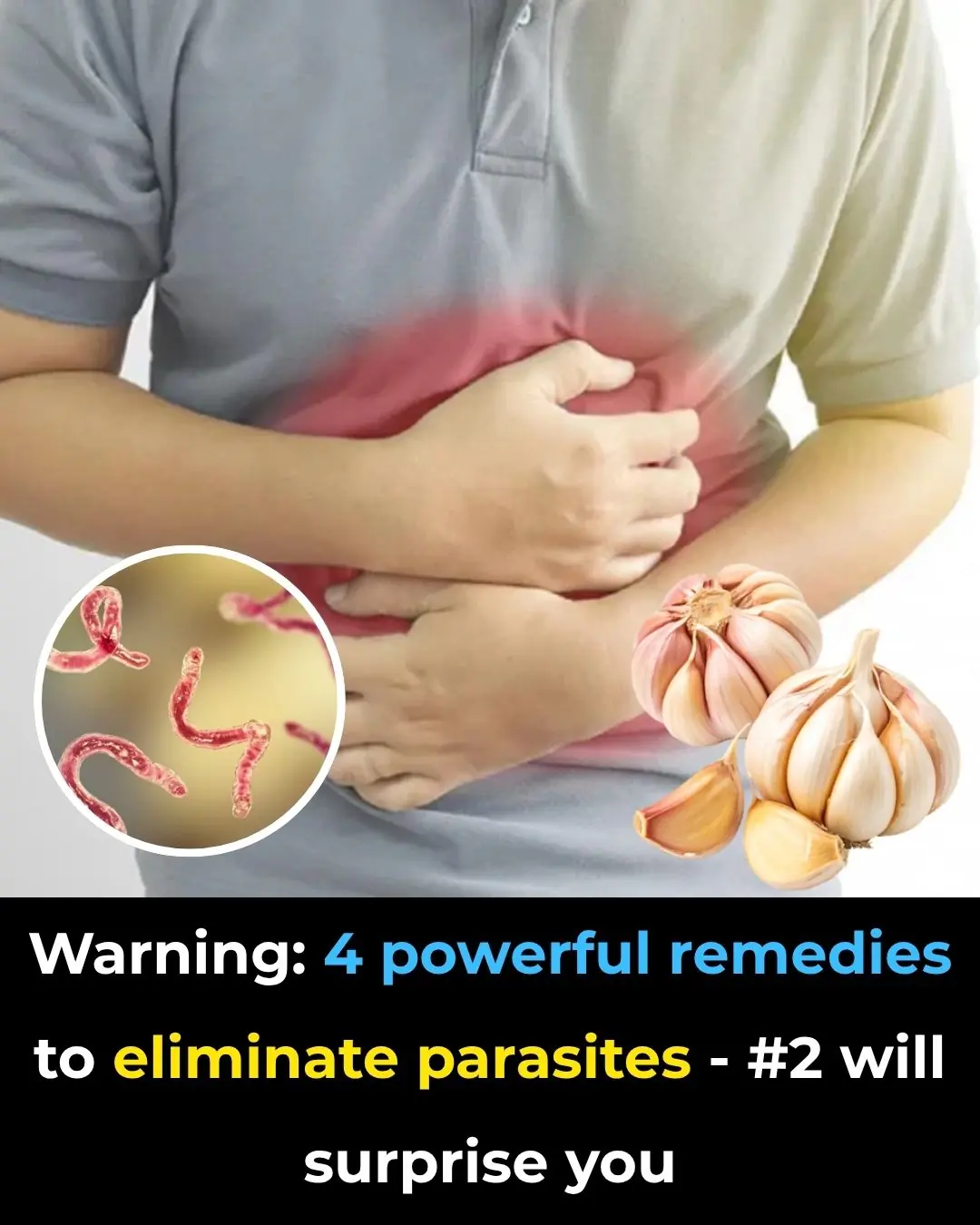
4 powerful remedies to eliminate parasites—#2 will surprise you!

Top 7 peripheral neuropathy creams that actually STOP nerve pain fast!

The Real Health Benefits of Papaya Seeds: A Tiny Powerhouse Worth Trying

15 Things That Women Will Always Notice About A Man Over 50
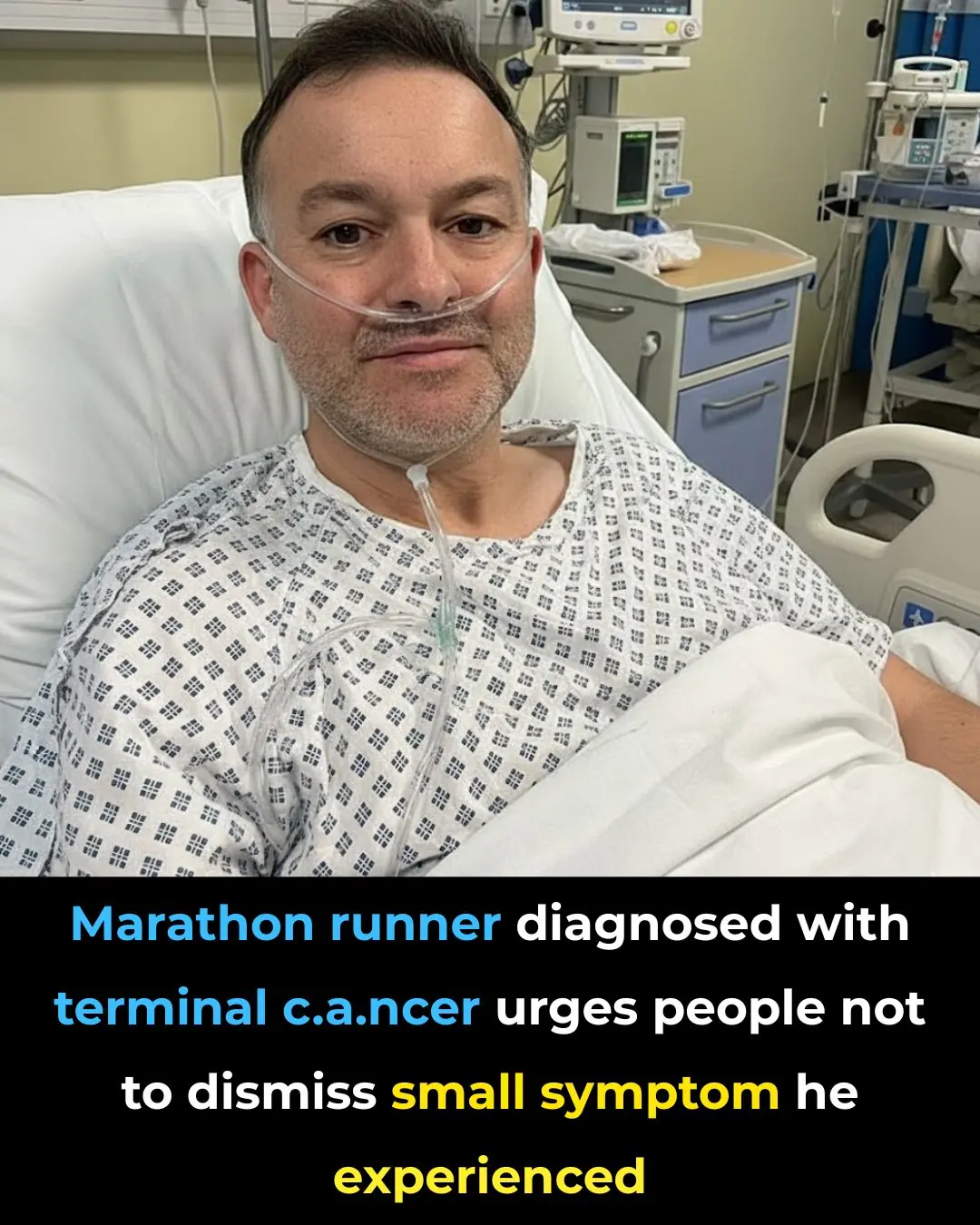
Marathon Runner Diagnosed With Terminal Cancer Warns Against Ignoring Small Symptoms
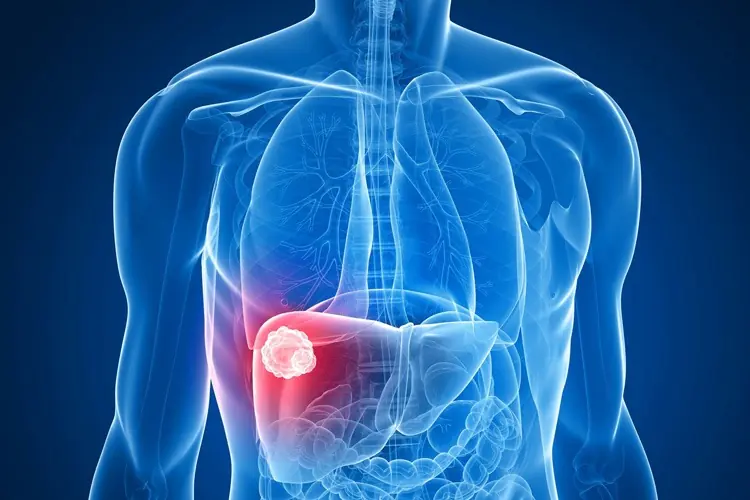
PANCREATIC CANCER NEEDS CATCHING EARLY. THE SIGNS AND SYMPTOMS TO LOOK OUT FOR
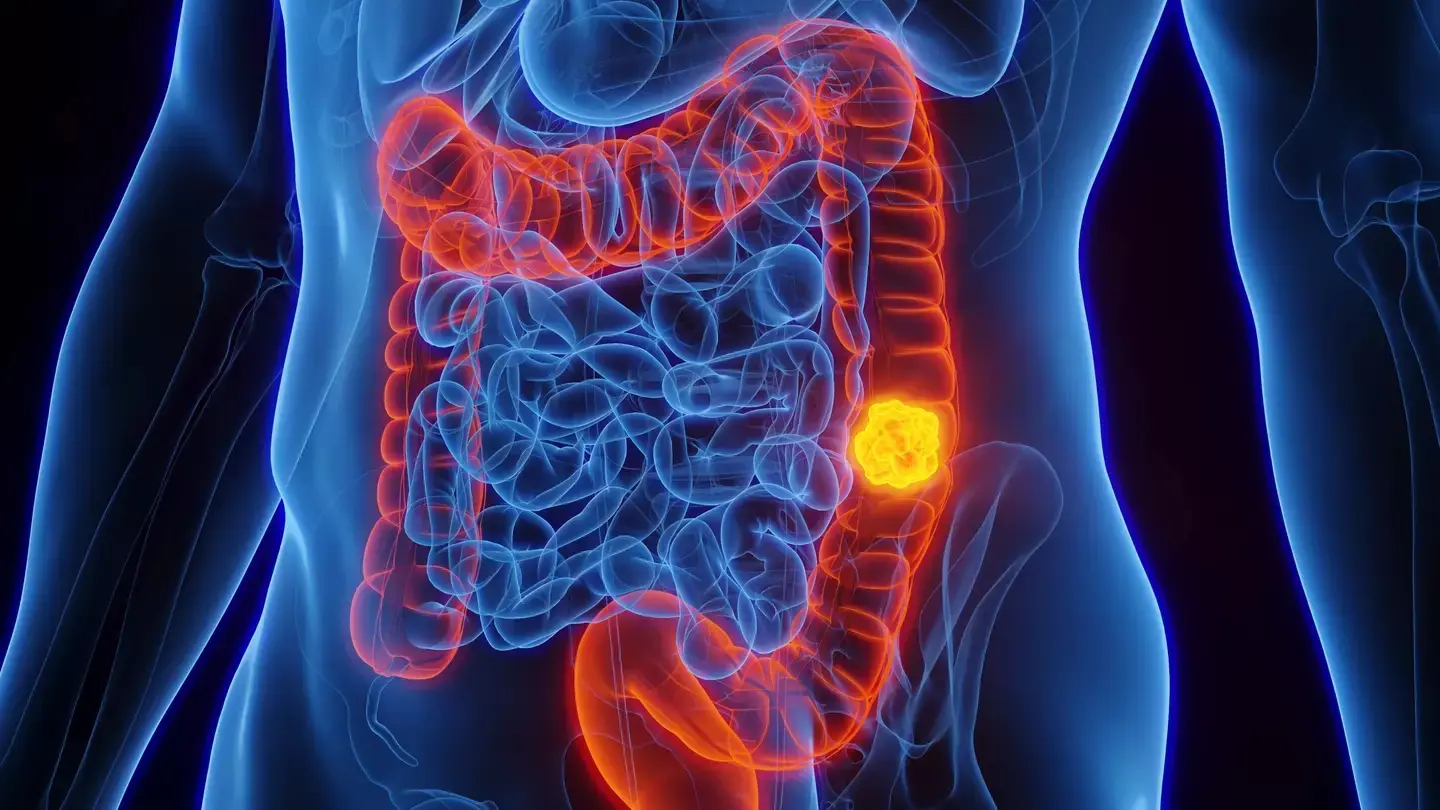
Woman diagnosed with stage four colon cancer warns people about 5 symptoms she ignored
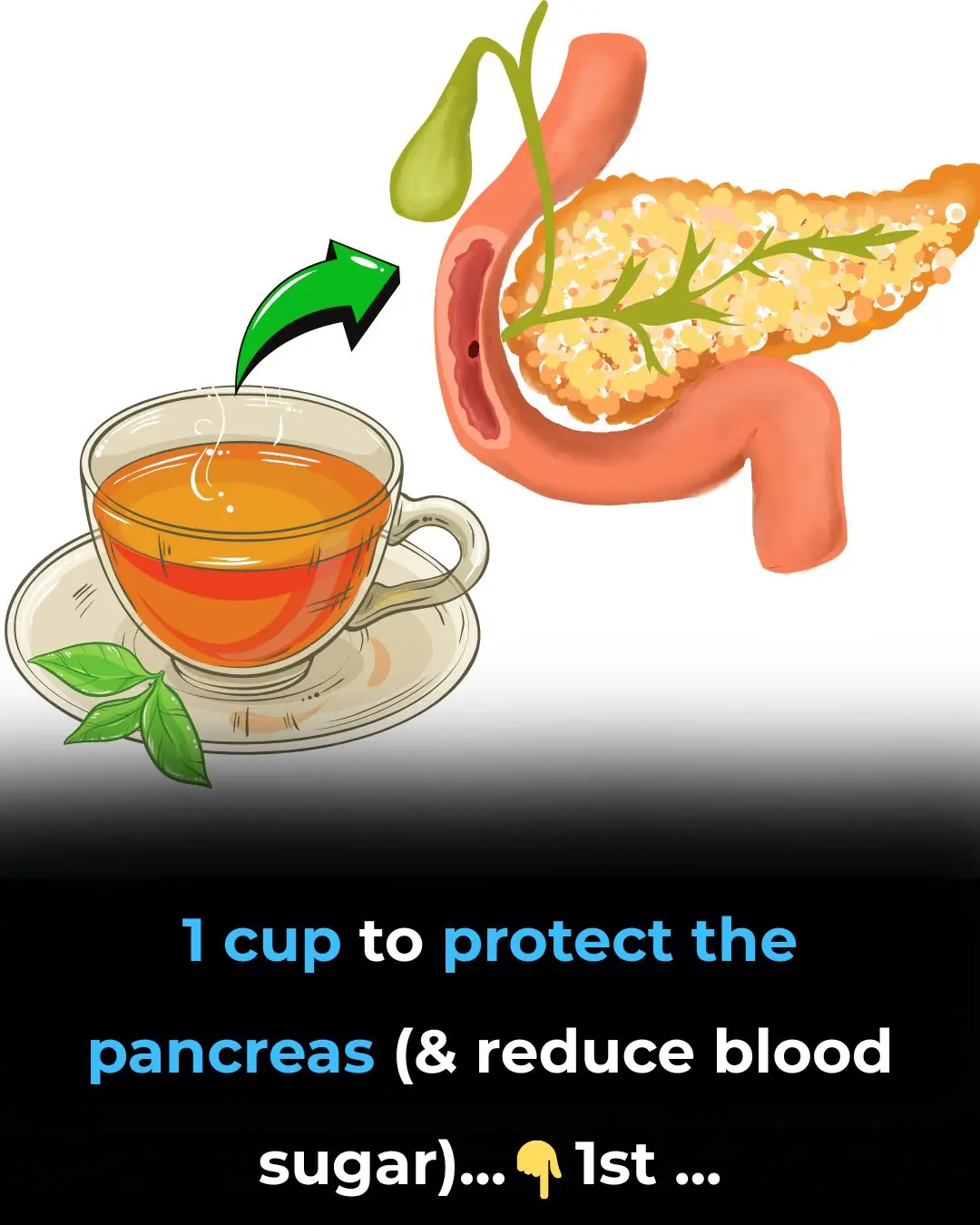
1 cup to protect the pancreas (and reduce blood sugar)

Eliminate Excess Water and Prevent Hand and Foot Swelling with These Effective Recipes
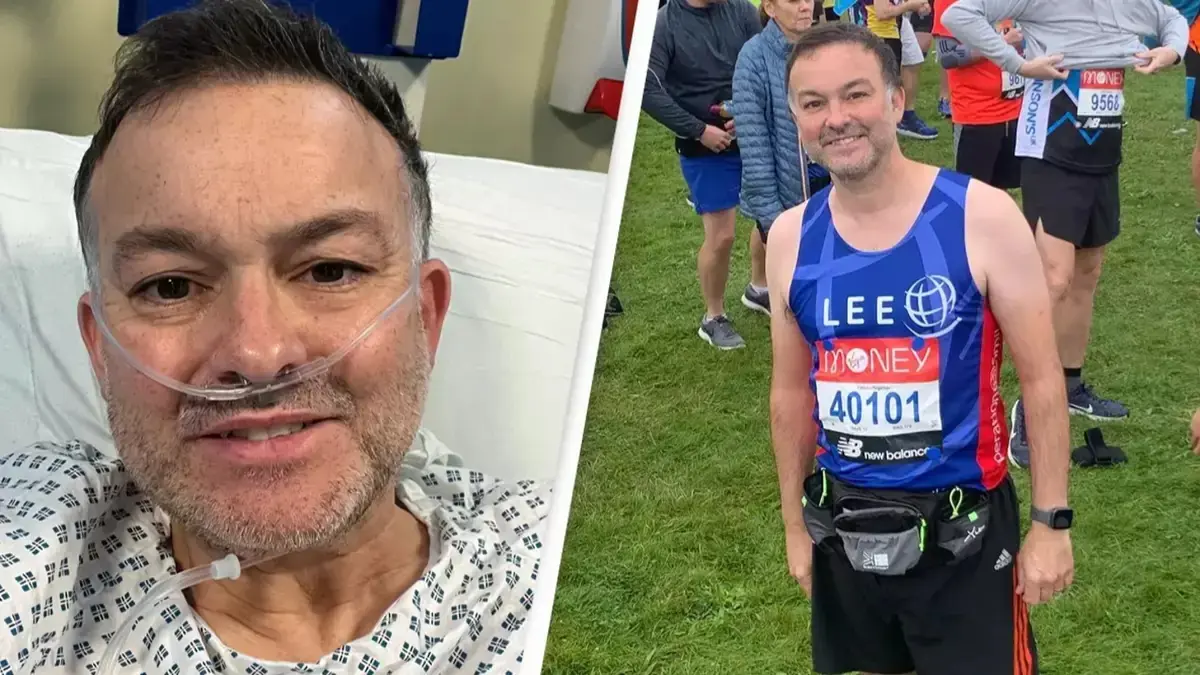
MARATHON RUNNER DIAGNOSED WITH TERMINAL CANCER URGES PEOPLE NOT TO DISMISS SMALL SYMPTOM HE EXPERIENCED

4 Powerful Foods That Naturally Boost Collagen and Repair Your Body from Within

Ugh, these so annoying
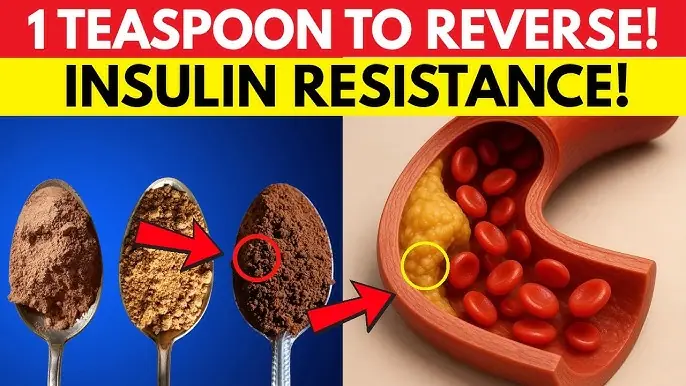
1 Teaspoon in Your Morning Coffee Could Stop Insulin Resistance Within Minutes
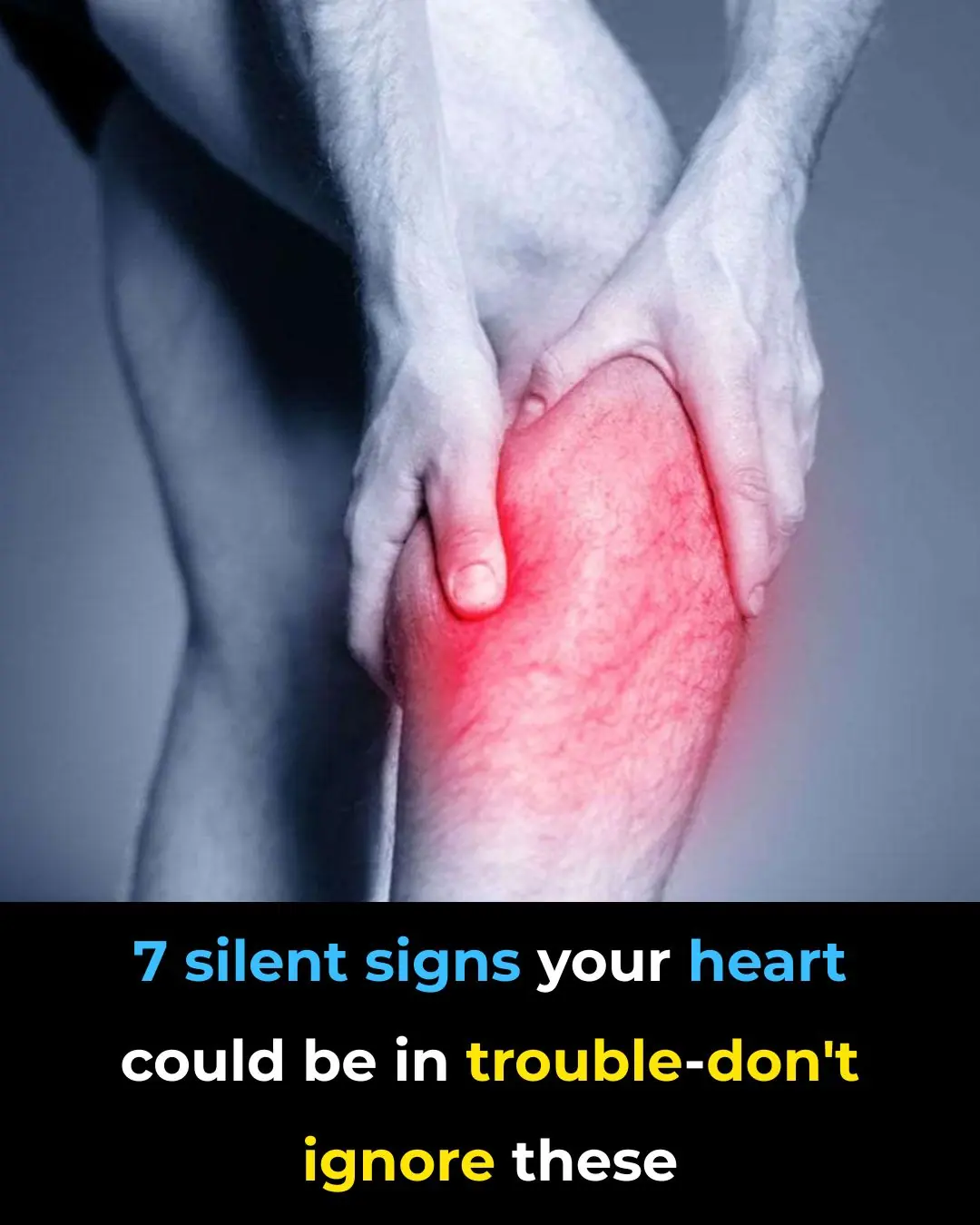
7 silent signs your heart could be in trouble – don’t ignore these!

Thyme Essential Oil Shows Promise in Killing Lung, Oral, and Ovarian Cancer Cells
News Post
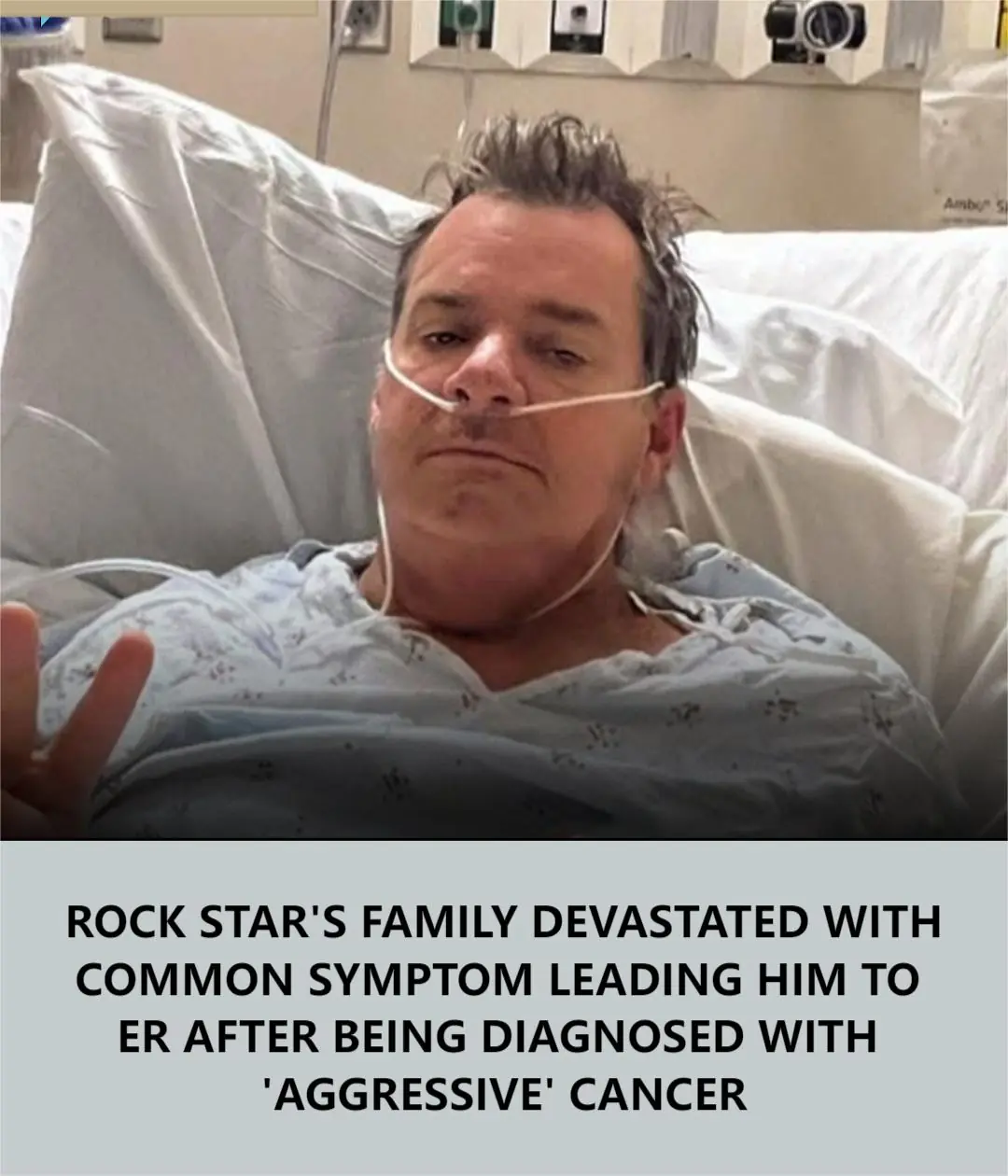
Rock Star’s Family Devastated As Common Symptom Leads To ER Visit And Aggressive Cancer Diagnosis

Tammy Slaton Shocks Fans With Stunning Weight Loss Photos—Inside Her Transformation
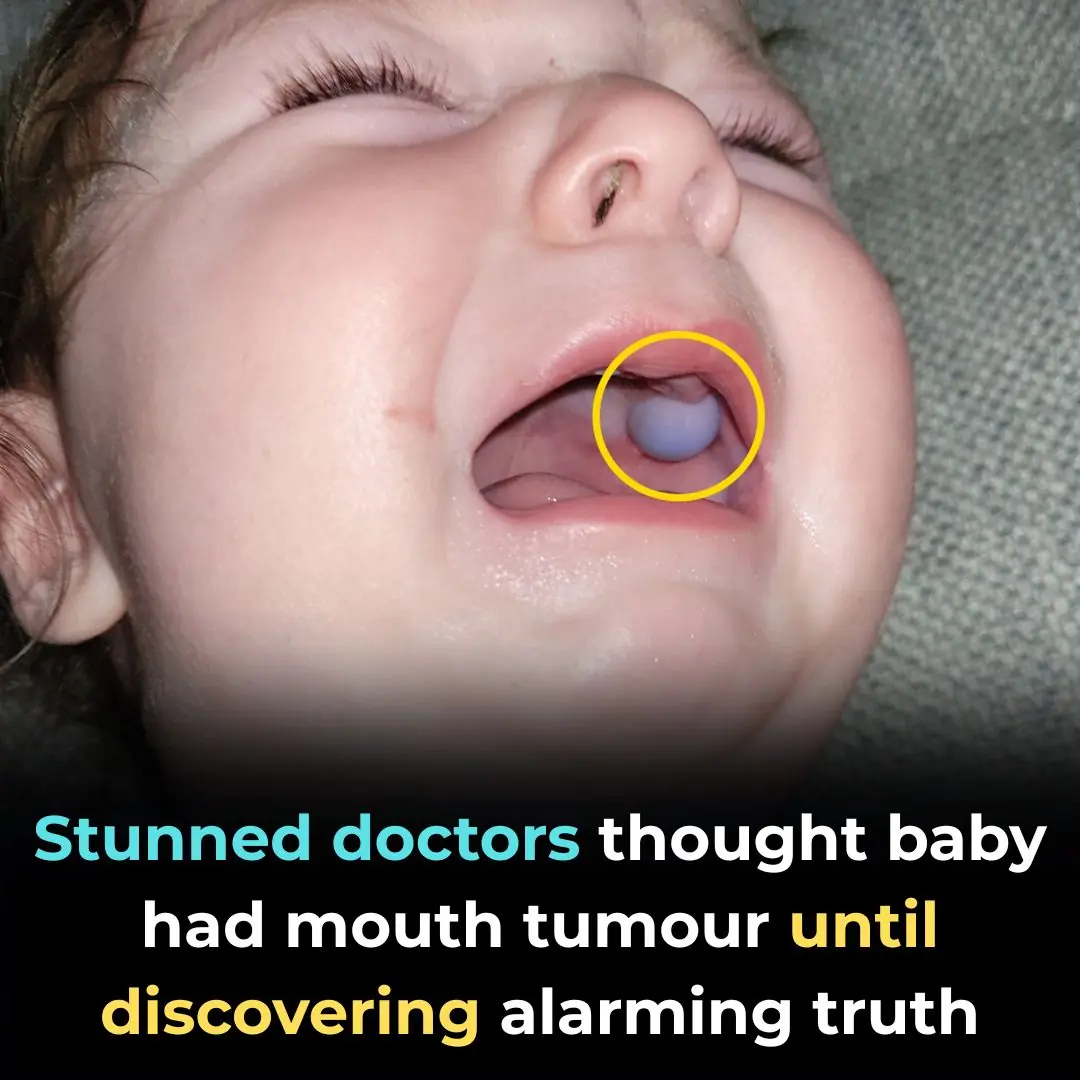
Doctors Feared Baby Had a Mouth Tumor—But the Real Cause Left Everyone Stunned

31-Year-Old Father Warns Others After Subtle Symptoms Lead to Colon Cancer Diagnosis

35-Year-Old Man Dubbed the “Modern Dorian Gray” Reveals His Unusual Secrets for Staying Youthful

7-Eleven Manager Allegedly Suffocates Employee During Shift—Victim Dies Days Later

Take This Before Bed — and Wake Up Transformed

The Ultimate Healing Tonic: A Powerful Natural Drink for Swollen Feet, Diabetes & Poor Circulation

Stop This Dangerous Habit Before Your Phone Explodes!

Women Who Age Quickly & Have Shorter Lifespans Often Do These 4 Things at Night — How Many Are You Guilty Of?
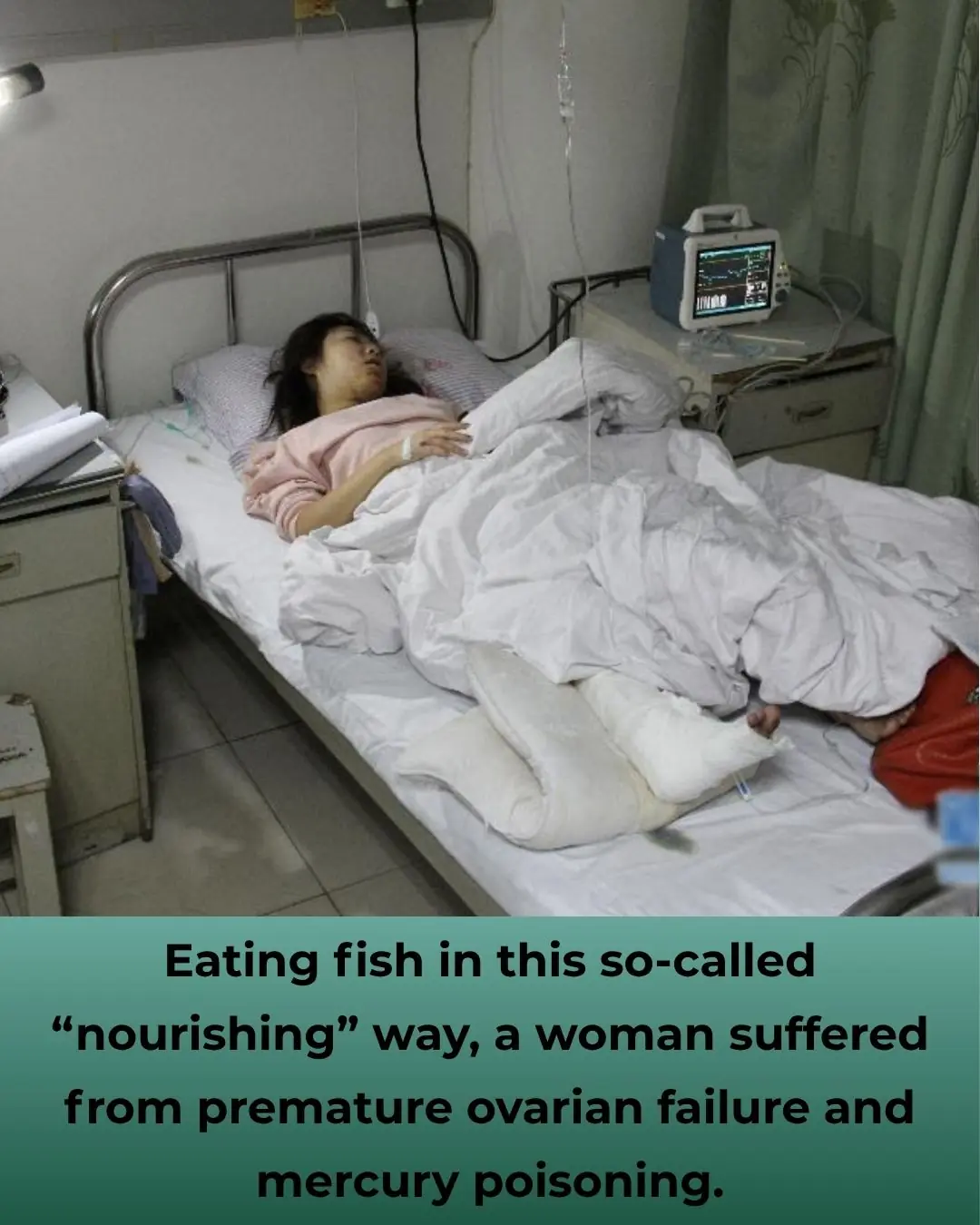
Eating Fish “for Ultimate Strength” — 30-Year-Old Woman Diagnosed with Premature Ovarian Failure, Body Full of Mercury
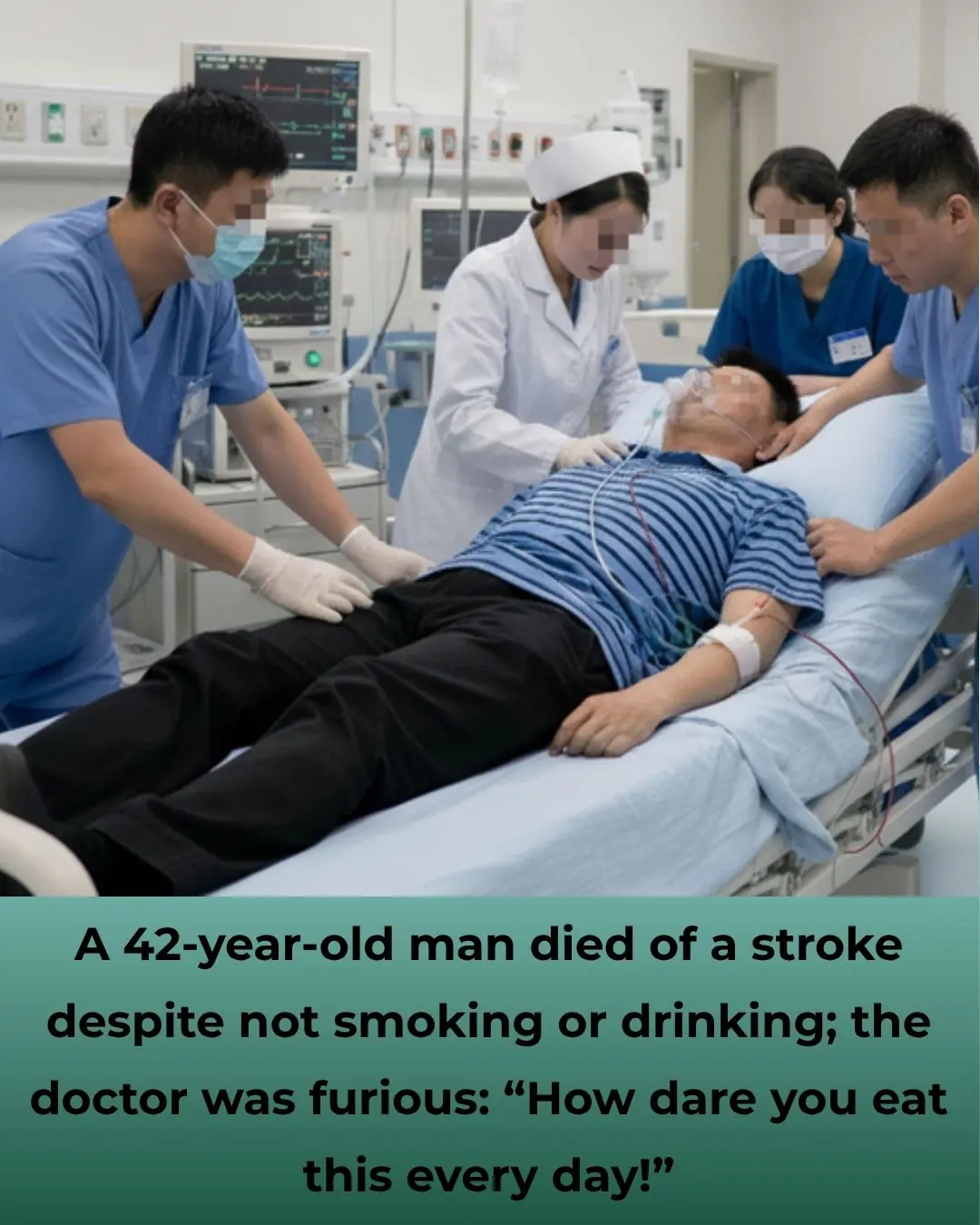
42-Year-Old Man Dies of Stroke Despite No Smoking or Alcohol — Doctor Warns: “How Dare You Eat This Every Day!”

“Doctor warns: 3 beauty habits you might think are harmless — but that could speed up cancer development!”

Boil Perilla Leaves with a Few Stalks of Lemongrass — Your Body Gets These 7 Excellent Benefits

Everyone Fears Diabetes — But Diabetes “Fears” These 5 Foods the Most

Objects That May Be Harming Your Health Without You Noticing

Drinking Plantain Leaf Tea: 5 Powerful Health Benefits for Your Body

Drink Roasted Black Bean and Ginger Tea for 7 Days — Your Body Will Thank You with 3 Amazing Benefits

Garlic: The Natural Weapon Against Pests You Probably Forgot About

